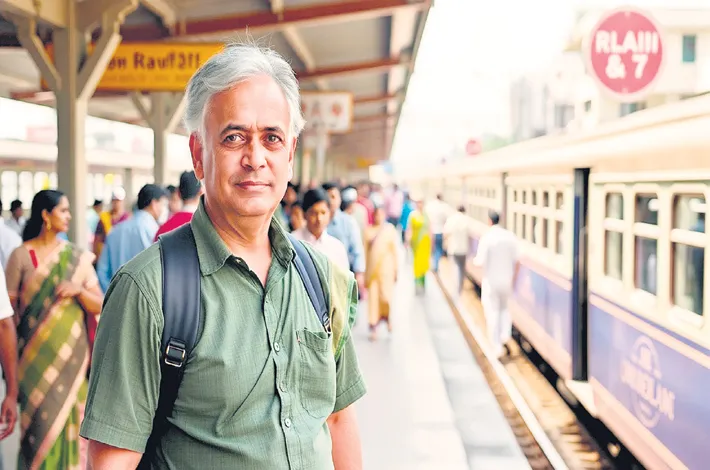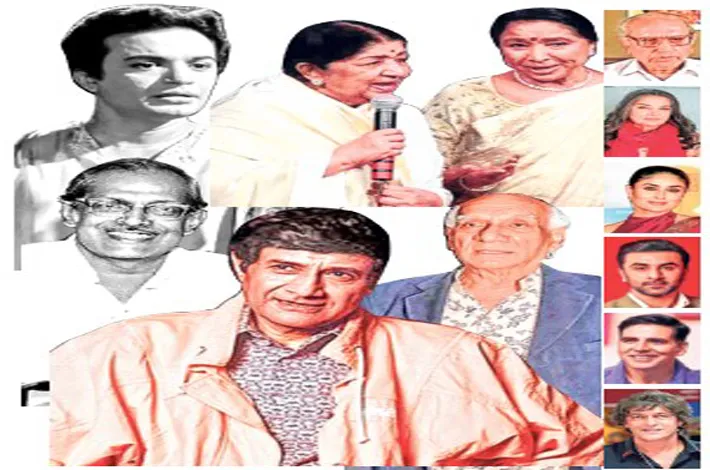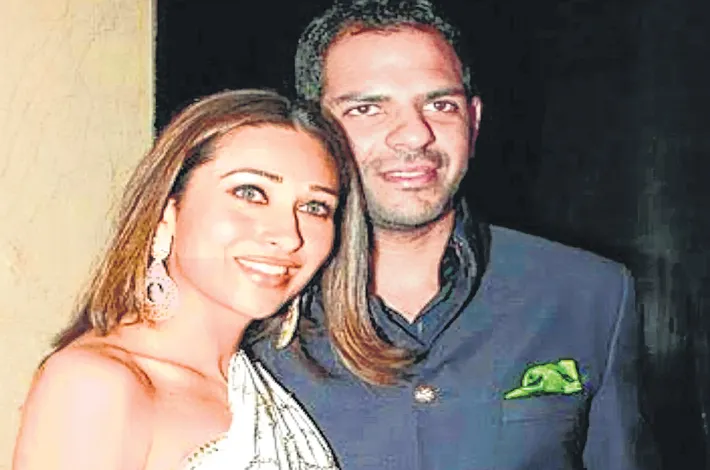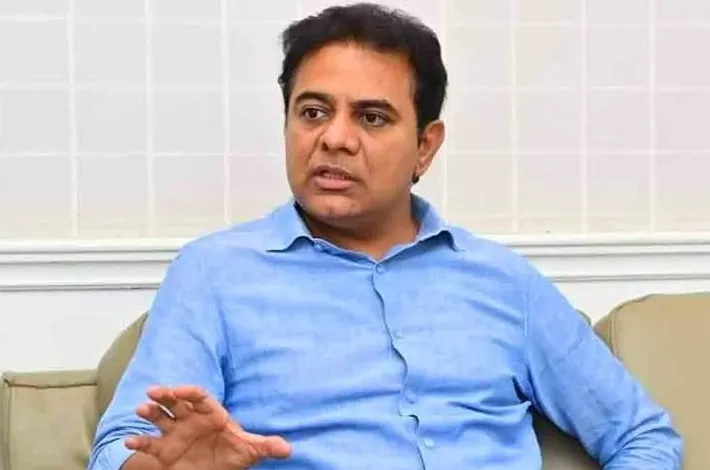A Love Rekindled
12-09-2025 12:00:00 AM

Anant, now 50, stood on the bustling platform of Pune’s railway station, his salt-and-pepper hair catching the afternoon sun. The city had changed in the 25 years since he’d left, but the air still carried the familiar scent of chai and nostalgia. He was back for a college reunion, a reluctant nod to a past he’d buried under corporate deadlines and a failed marriage. As he scanned the crowd, his eyes caught a figure—a woman in a simple green saree, her laughter lines framing a face he’d never forgotten. Akanksha.
At 45, Akanksha radiated the same quiet strength she’d had in college, though her eyes held a weight he didn’t remember. They’d been inseparable back then, sharing late-night study sessions, stolen glances, and dreams of changing the world. But unspoken fears and ambitions had pulled them apart. Anant chased a banking career in Mumbai; Akanksha, a teaching job in Delhi. Their letters dwindled, calls faded, and life moved on. Or so they thought.
Their eyes met, and time collapsed. “Anant?” she whispered, stepping closer. His heart thudded. “Akanksha… you haven’t changed.” They laughed, awkward yet warm, and agreed to catch up over coffee.
At a quaint café, they unraveled the years. Anant spoke of his high-flying job, the corner office, and a divorce that left him hollow. “I thought success would fill the void,” he admitted, stirring his coffee. “But it didn’t.” Akanksha shared her own story: a decade teaching underprivileged kids, a brief engagement that crumbled under her fiancé’s disdain for her idealism, and the loneliness of a life devoted to others. “I kept busy,” she said, her voice soft. “But I missed… us.”
The word hung between them. In college, their bond had teetered on the edge of romance, but neither had dared cross it. Fear of rejection, of ruining their friendship, had kept them silent. Now, sitting across from each other, the unspoken truth surfaced. “I loved you back then,” Anant said, his voice cracking. Akanksha’s eyes glistened. “I did too. I still do.”
Their reunion wasn’t without drama. Anant’s ex-wife, Meera, had resurfaced weeks later, demanding reconciliation. She’d heard of his trip to Pune and, sensing a shift in him, arrived at his hotel unannounced. “You can’t throw away 15 years for a college crush!” she’d shouted, her voice echoing in the lobby. Anant, calm but firm, told her it was over. “This isn’t about Akanksha,” he said. “It’s about me finally choosing what makes me whole.”
Meanwhile, Akanksha faced her own turmoil. Her family, traditional and protective, disapproved of her rekindling a romance with a “divorced man.” Her elder brother, Vikram, cornered her at a family gathering. “You’re throwing away your reputation for a fling?” he demanded. Akanksha stood her ground. “This isn’t a fling. It’s the life I should’ve chosen years ago.”
Months later, Anant and Akanksha married in a quiet ceremony, surrounded by a few close friends and the memories of their younger selves. They didn’t want the city’s clamor or the corporate grind. Instead, they chose a new path—one that echoed their college dreams of making a difference. They moved to a rural village in Maharashtra, a place cradled by hills and simplicity.
In the village, they found purpose. Anant, with his financial acumen, helped farmers form cooperatives, teaching them to navigate markets and secure fair prices. Akanksha, ever the educator, set up a small school for the village children, her classroom alive with laughter and hope. Together, they built a community center, a hub for health camps, skill workshops, and evening gatherings where stories were shared under starlit skies.
Their days were full, but their evenings were theirs. They’d sit on their veranda, sipping tea, hands entwined, watching the sunset paint the hills. “This is what we were meant for,” Akanksha would say, her head resting on Anant’s shoulder. He’d nod, feeling a peace he’d never known in boardrooms.
Yet, their transition wasn’t seamless. The village, initially wary of outsiders, tested their resolve. A local landlord, suspicious of their motives, spread rumors that they were there to exploit the land. One night, a heated village meeting saw accusations fly. Anant, steady as ever, stood up. “We’re here to give, not take,” he said, laying out their plans transparently. Akanksha followed, sharing her vision for the school. Slowly, trust grew, and the village embraced them.
Their love, too, faced moments of doubt. Anant sometimes woke at dawn, haunted by the fear that he’d dragged Akanksha into a life too simple for her vibrant spirit. She’d sense his unease and reassure him with a touch, a smile, or a quiet, “We’re enough for each other.” Akanksha, in turn, grappled with guilt over leaving her city students behind. Anant would remind her, “You’re planting seeds here that’ll grow for generations.”
As years passed, their work bore fruit. The cooperative lifted families out of debt. The school sent its first graduate to college. The community center became the village’s heart. Anant and Akanksha, now graying but radiant, found meaning not just in their love but in the lives they touched. They’d walk through the village, greeted by children calling “Masterji” and “Didi,” their hands still clasped, their love a quiet force.
One evening, as they sat by a bonfire, Akanksha traced the lines on Anant’s palm. “We lost 25 years,” she said softly. He kissed her forehead. “But we found forever.” In that village, far from the world they’d once chased, they built a life that wasn’t just a second chance—it was the life they’d always meant to live.








